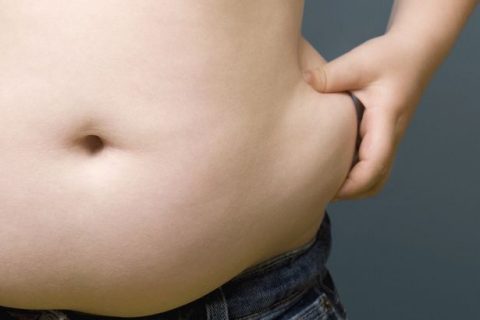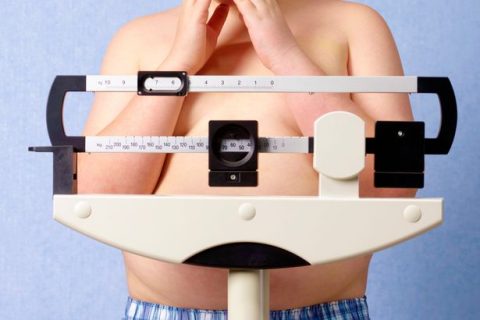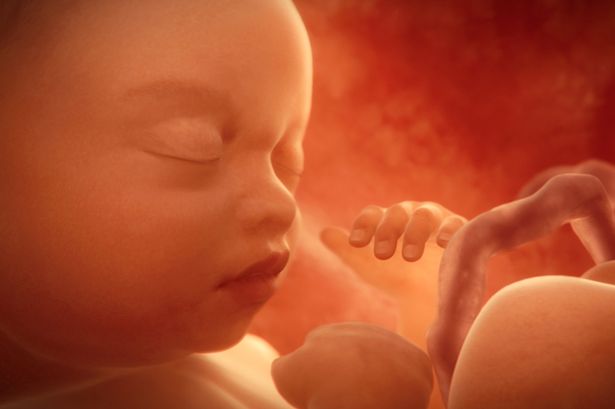A baby’s experience of growing in its mother’s womb is a life-defining event.
All the baby’s vital systems adapt to the environment provided by their mother, and it turns out that it’s a blueprint for the whole of that baby’s life after it has been born.
And once that blueprint is written, it’s virtually unchangeable.
One of their mum’s habits an unborn baby can’t overcome is being fat, especially if mum is diabetic, gets diabetes in pregnancy or is obese.

Your baby will have a one in six chance of being fatter than normal: that is, childhood obesity starts in the womb.
Scientists suspect that women with pregnancy diabetes trigger a change in their unborn baby’s metabolism, causing the child to become fatter within weeks of birth.
Whole-body MRI scans carried out by scientists at Imperial College London show that babies born to mothers with gestational diabetes get fat soon after birth.
This latest research included 86 babies at Chelsea and Westminster Hospital, London – 42 of these mothers had gestational diabetes and 44 were diabetes free.
Although there was no differences in body fat between the two groups at birth, babies born to mothers with diabetes had 16% more body fat when they were eight-12 weeks old.

Professor Neena Modi, lead author of the study, said: “The importance of this unexpected finding is that the beginnings of obesity are apparent in early infancy in babies born to mothers with diabetes, indicating that research targeted at methods to reduce excessive fat deposition in these babies is urgently needed.
“One in five five-year-olds and one in three 10-year-olds in the UK are overweight or obese”.
“These children are at high risk of multiple obesity-related conditions”.
One of the main causes of gestational diabetes, which is becoming increasingly common, is thought to be a mother’s excess weight.
Gestational diabetes with high blood sugar levels affects about one in six pregnant women in the UK.
These mums have big babies, which sometimes need early delivery.
They are also at an increased risk of Type 2 diabetes as well as a greater risk of obesity in later life.
In addition to the baby’s metabolism changes in the womb, other possible explanations are the differences in the breast milk of women with diabetes and changes in baby “hunger hormones”.

